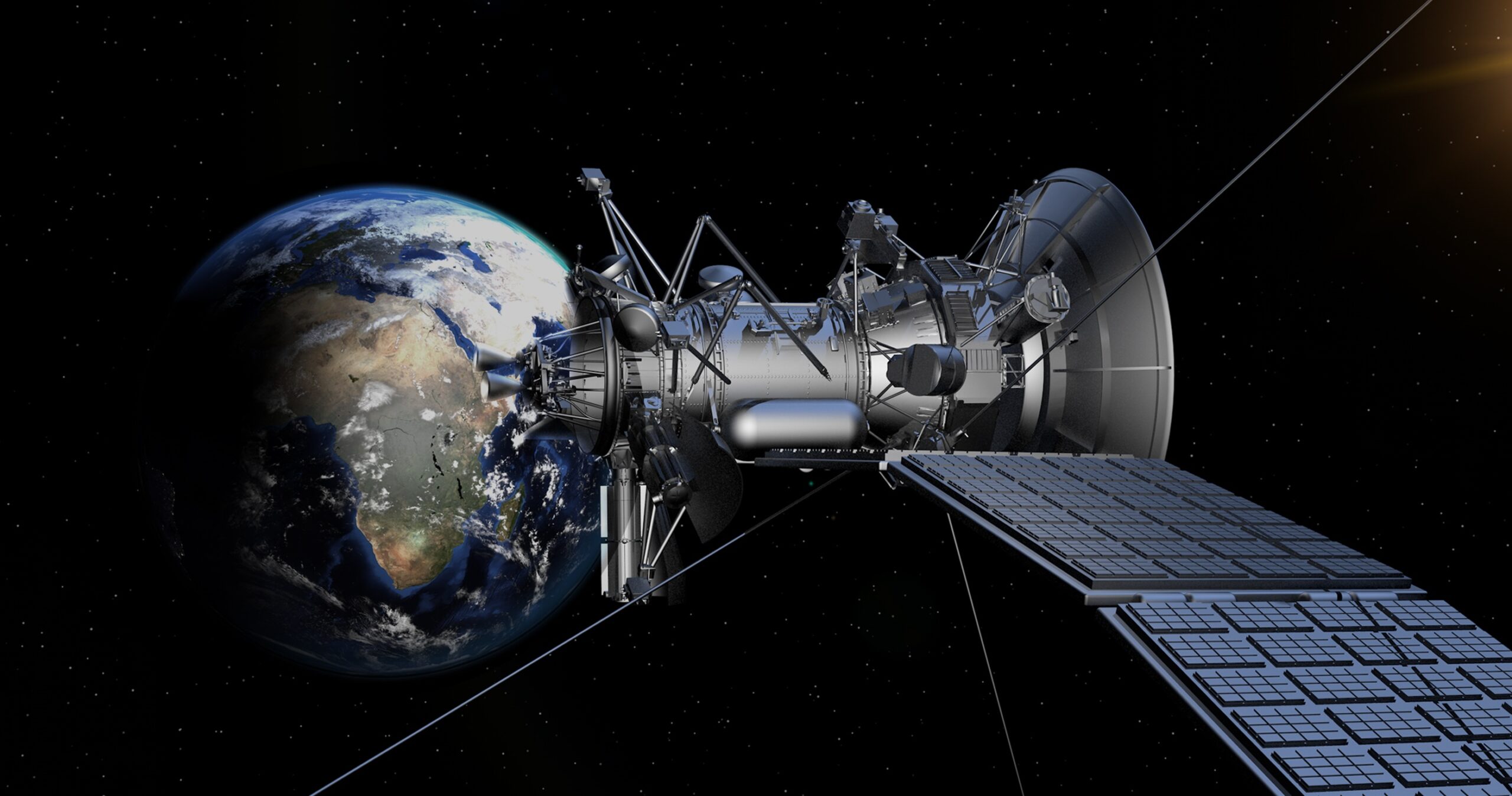Government agency unlocks its latest trance of financial backing to support projects that could use technology to help tackle challenges such as climate change while improving sustainability in orbit operations
The UK Space Agency has announced up to £65m of funding is now available via the National Space Innovation Programme (NSIP) as part of their continued efforts to make the UK a world leader in the sector.
Launching today an initial tranche of funding of £34m, the agency aims to help groundbreaking projects developing space technology. It is also hoped that the programme could help tackle challenges such as climate change and improve sustainability in orbit operations.
The remaining funding calls will occur over the next two years, with projects running until 2027.
Space minister George Freeman said: “Our space sector is constantly advancing thanks to pioneering new ideas from our world-class scientists and technologists that push the potential of British innovation at its best. Investing in these projects not only bolsters the UK’s seat at the table of the global space community, but it unlocks future business and job opportunities that will accelerate the growth of our nation’s £17.5bn space sector.”
Related content
- Report identifies crucial role of satellite data in combatting climate change
- Government closes OneWeb buyout
- How the UK Space Agency is improving public services from the exosphere
Dr Paul Bate, chief executive of the UK Space Agency, added: “The National Space Innovation Programme will support the UK’s most ambitious space technology projects and their potential to address real-world challenges, to catalyse investment, deliver new missions and capabilities, and harness the power of space to improve lives.”
Since launching in 2020, the NSIP has allocated over £25m in funding across the UK.
Those funded include aerospace company SatVu, which this year introduced an infrared satellite that can provide live data on building emissions and energy use. Northumbria University has received backing for its laser-based communications terminal.
Funding is also available to projects in their earlier stages via the NSIP Kick Starter scheme, which recently funded Imperial College’s research on how metal additive manufacturing could allow for replacement parts to be printed in space.
John Hanley, Chair of trade association UKspace, said: “The UK space sector is one of the most research-intensive parts of our economy – with almost £800m reported spent on R&D.”
Ahead of the upcoming UK Space Conference, the fund reflects the government’s ambition to keep supporting the booming sector, with Scotland currently being Europe’s top satellite producer.
Rob Desborough, managing partner at space tech investor Seraphim Space, said: “Over $47bn of private capital has been invested across the global space sector since 2015. The UK accounted for 17 per cent of this, making it the second most attractive destination – only behind the US. Mechanisms like this are critical for the UK to maintain its prominence in what is now a globally competitive market worth in excess of $1 trillion by 2030.”
Last week the UK Space Agency – which operates as an executive agency of the Department for Science, Innovation and Technology – docked a 72ft rocket in the middle of George Square, Glasgow, with the intention that the mode will be a “beacon of inspiration” for the next generation to join the industry.
This article originally appeared on PublicTechnology sister publication Holyrood




